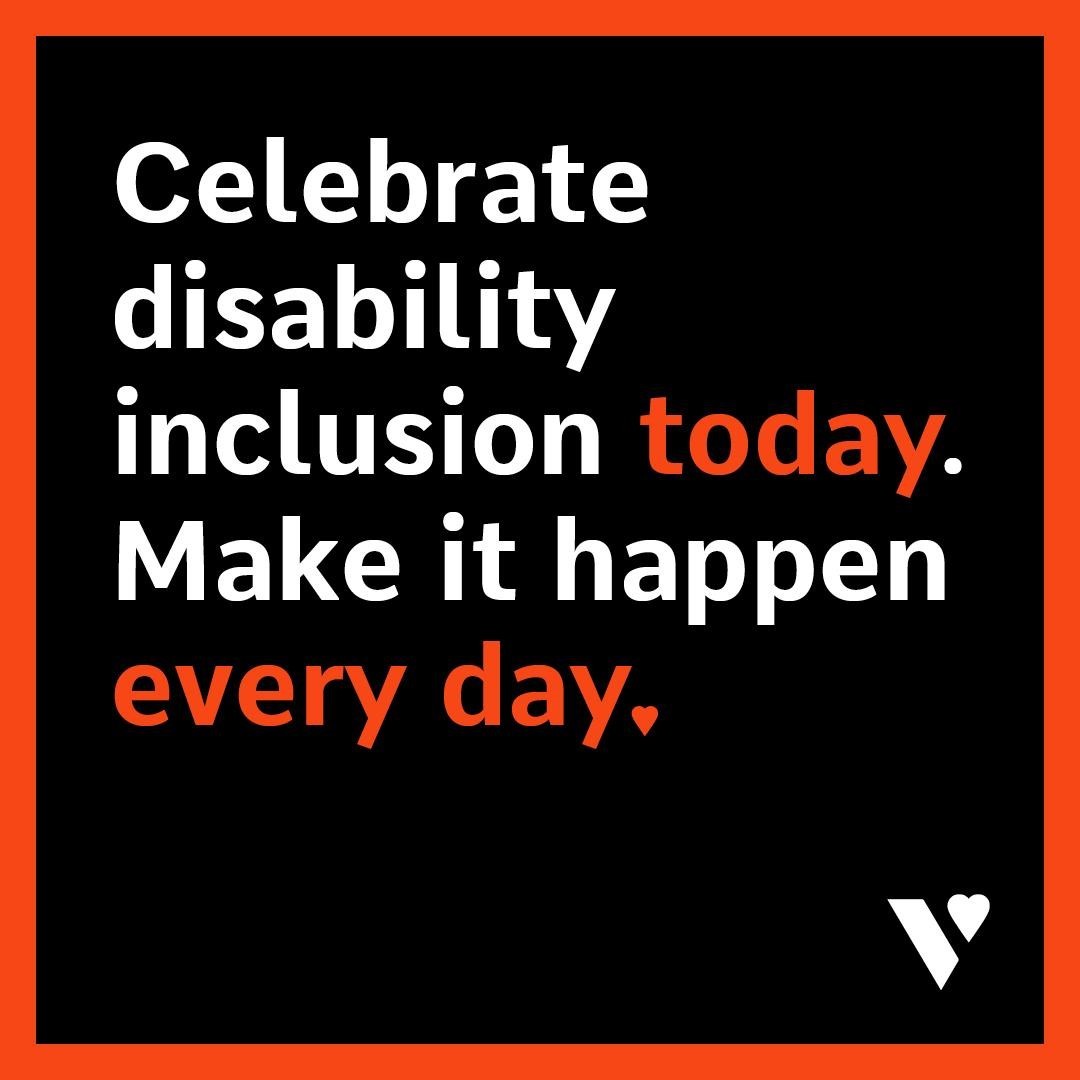Prada Joins The Valuable 500 To Improve Inclusion For People With Disabilities
The luxury fashion group is one of over 400 corporations vowing to make change.

The Prada Group has taken a step towards improving inclusion in the fashion industry for those with disabilities. The company, which owns iconic brands like Prada, Miu Miu, Church’s, and Car Shoe, joined The Valuable 500 this year, making them the first luxury fashion company to do so. By joining, the Prada Group makes a public commitment to plan and execute at least one inclusion-advancing action within their company.
No specific commitment has been provided to The Valuable 500 yet, though current Prada Group Chairman Carlo Mazzi has given the required signature of approval for the company to join. The Prada Group indicated in a statement that they are exploring various opportunities towards a long-term plan. They’re beginning with a commitment to hiring individuals affected by trisomy 21, or Down’s syndrome, into their retail network in Italy.

The Valuable 500 is a relatively new but rapidly accelerating initiative. Activist and social entrepreneur Caroline Casey founded the initiative in January 2019. The goal of The Valuable 500 is to have 500 companies pledge their commitment to increasing representation of and work opportunities for the 1.3 billion people in the world living with disabilities. By requiring companies to take internal action on a large scale, Casey’s project guarantees that inclusion efforts will be more than a bid for good publicity. The Valuable 500 is almost at its goal, having acquired 439 CEO signatures to date.
“Prada’s commitment to The Valuable 500 as the first luxury fashion group is historic,” Casey said of the news. “Leaders such as Prada have the power to elevate and reframe the way that society thinks about disability. We cannot underestimate what a watershed moment this is.”

The Prada Group’s commitment comes on the heels of several long-overdue efforts to make the fashion industry more inclusive for those with disabilities. Last month, Nike released the FlyEase, a shoe you can put on and off hands-free. A letter from Matthew Walzer, a teenager with cerebral palsy who found Nike’s laced shoes inaccessible, spurred the company to create the new option. In 2016, Tommy Hilfiger garnered praise from disability communities and advocates for the launch of its innovative Tommy Adaptive brand, which has released subsequent collections semi-annually.
Elsewhere in the industry, models like Jillian Mercado, Madeline Stuart, Aaron Philip, and Ellie Goldstein have increased representation of disabilities in fashion, booking campaigns and editorials with major brands. Goldstein is represented by Zebedee, a London-based talent agency championing models with disabilities. Still, according to a recent Forbes article written by Casey, disabled people are featured in barely 0.01% of fashion and beauty advertising. While we can celebrate each victory, there is still progress to be made. Hopefully, other major fashion corporations will follow The Prada Group in joining The Valuable 500—and taking meaningful action towards a truly inclusive industry.
Discover More
